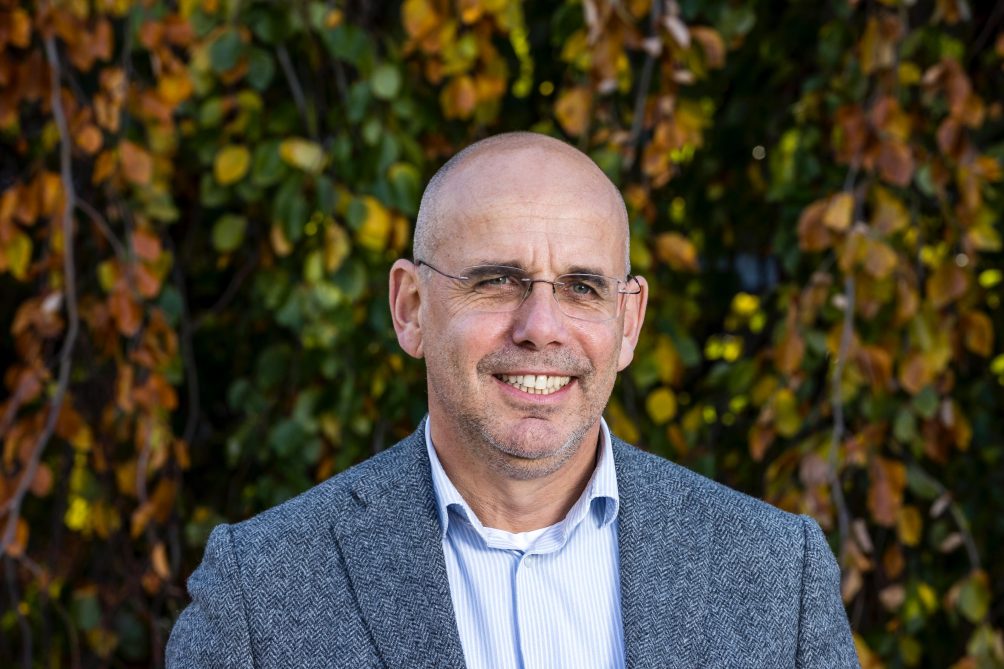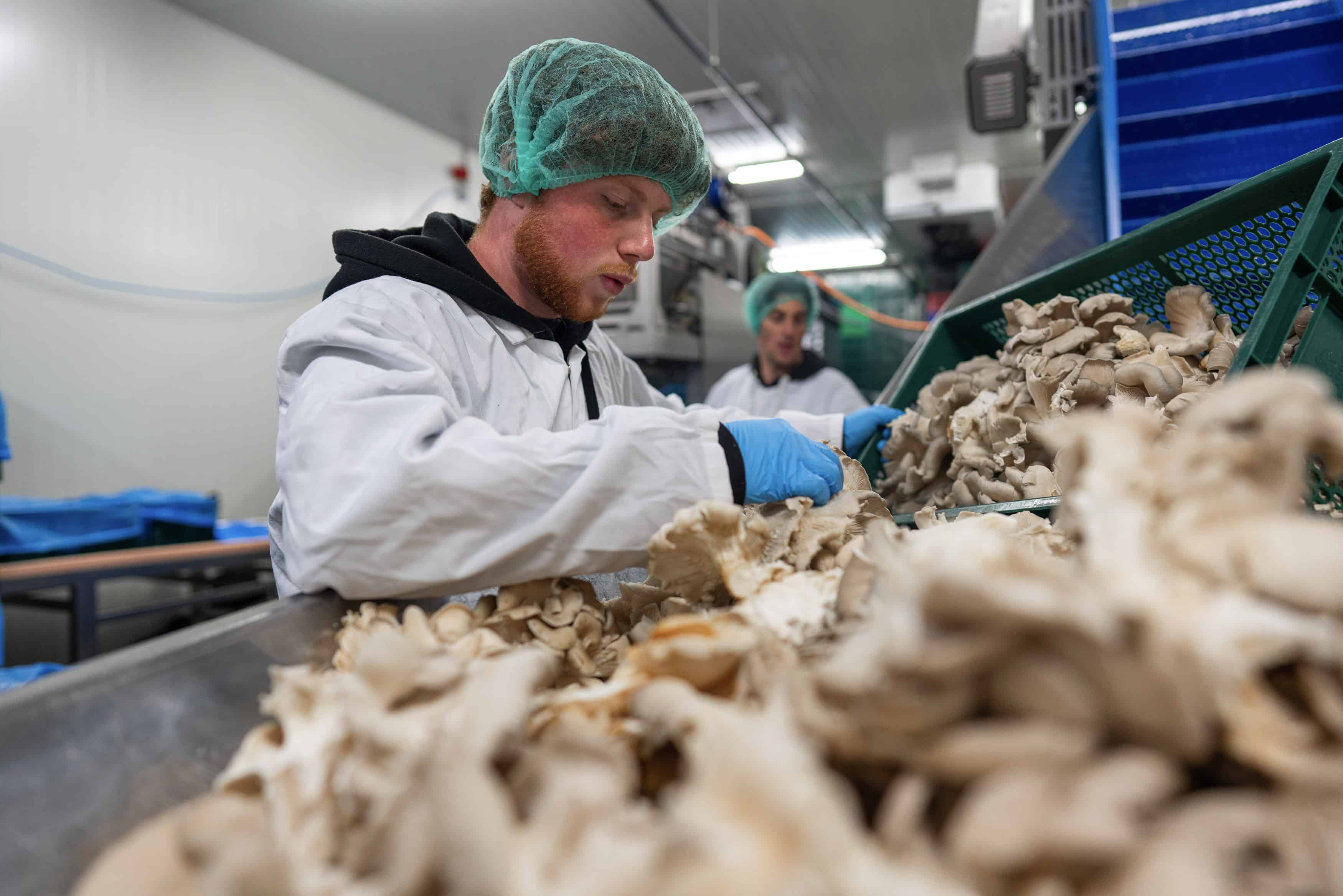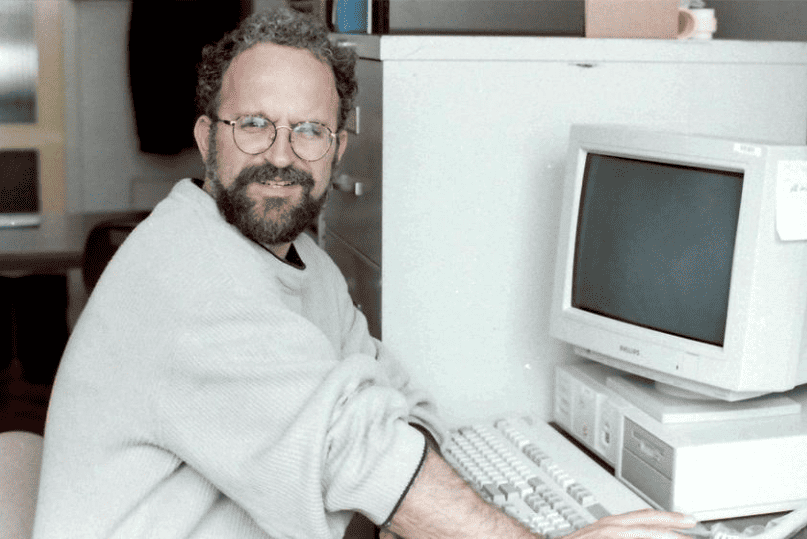
About BioMosae
- Founders: Alex Schmeets
- Founded in: Geleen
- Employees: 4
- Money raised: -
- Ultimate goal: Helping farmers to protect their crops by using an environmentally-friendly biofungicide.
For centuries, farmers have relied on pesticides to keep plants healthy and increase the capacity of their food production. However, the use of too many chemical pesticides causes environmental pollution and they are not always beneficial to health. BioMosae is developing an innovative, biological pesticide called Canto, which is based on enzymes. “We use bacteria as a kind of factory to make our pesticide,” says Alex Schmeets, CEO of the company. In this instalment of start-up of the day, he talks to Innovation Origins about how things are going.
How does the pesticide work and what is so novel about it?
“The use of bacteria for pesticides is not new. But the bacteria themselves are not our product. We actually use them as a kind of factory to produce certain substances. Those substances form the basis of our active ingredient. This has not been done before because it is very difficult to figure out precisely what substances the bacteria are excreting. We spend a lot of time trying to understand this and are getting help from the University of Maastricht, among others. Ultimately, it is about the enzymes that the bacteria produce. We then apply these to the leaves of a plant. We have proven in various tests that our product is effective against common fungi, such as Botrytis.

Do you work with a specific kind of bacteria, or with several?
“At the moment, we are working with a specially selected bacterium. The resultant product of this bacterium protects crops against fungal diseases. We have now become so good at analyzing these products made by our bacteria, that at some point we will be able to apply the same principle relatively easily and use different kinds of bacteria as well.”

Are you also focusing on other products?
“Apart from developing the biofungicide, we are looking into the possibility of using our bacterial strain as a biostimulant. Plants also have to deal with abiotic stress (stress caused by non-living organisms, ed.). This may be caused by dehydration, heat or too high a salt content in the soil, to name a few reasons. Our bacteria can help make the plant more resilient to these kinds of factors. We are currently doing research to see what the possibilities are.”
“Our bacteria can also be used to coat seeds, thereby making them more resistant to moulds, drought or too high a salt content. We are in the process of studying the technical feasibility of this type of seed treatment product.”
When do you expect to launch the products on the market?
“It is easier to bring a biostimulant onto the market than a biofungicide. We hope to enter the market with the stimulant in 2023. The biofungicide is a slightly more difficult case. We first need to know very precisely which substances the bacterium excretes before we can start registering it. In the United States, this could be done a bit faster in terms of regulations than in Europe, but I think it will still take a number of years before it is that far.”

What challenges will you face in the coming period?
“As I said, we still need to find out exactly which substances the bacterium is excreting. We must also be able to produce the substances in a consistent way. However, I am not expecting any problems there. We work with a bioreactor in a controlled environment. So I’m confident that things will work out fine.”
“Another thing is that it’s quite a lot of work to find and use a special formulation to improve the properties of our product. We’re working together with Ceradis from Wageningen on this. Our product has got to have a longer shelf life and also be easy to apply onto the leaves of plants.”








